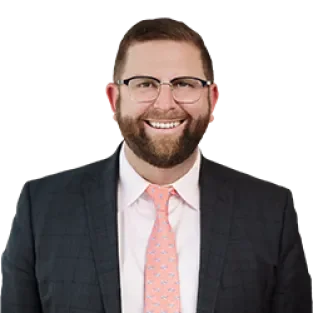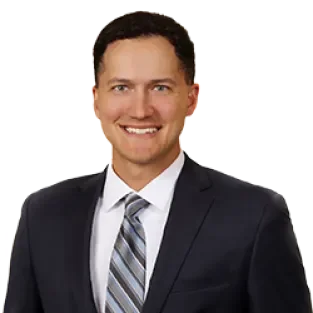ASAP
New York Amends Healthy Terminals Act for 2026
Earlier this year, New York amended its Healthy Terminals Act (HTA) as part of the FY 2026 budget. Effective January 1, 2026, wage, benefit, and leave obligations for covered airport workers at JFK and LaGuardia Airports will be tied to the federal Service Contract Act (SCA) framework through an annual designation by the commissioner of the New York State Department of Labor (NYSDOL). The amended law requires employers to pay the higher of the Port Authority minimum wage—established under the Authority’s Minimum Wage Policy—or the SCA rates. The HTA also contemplates paid leave aligned with SCA determinations, though key implementation details remain pending from NYSDOL, including how fringe benefits will be credited and whether Executive Order 13706 (federal contractor paid sick leave) will be adopted in full.
Covered Airport Workers
The amended HTA applies to workers who spend at least 50% of their working time at a covered airport, with limited exceptions. The law excludes employees who qualify as executive, administrative, or professional under FLSA overtime exemptions, as well as employees of the Port Authority or other governmental agencies. Notably, any location—even if it is not physically at JFK or LaGuardia—can be considered a covered airport location if it is used to perform covered airline catering work.
Applicable Standard Rate
The amended statute requires covered employers to pay the “applicable standard rate,” defined by reference to wage and benefit rates designated by the commissioner based on SCA determinations for the applicable locality and classifications. The law further provides that, on and after January 1 each year, the prevailing wage rate cannot be less than: (a) any Port Authority minimum wage; (b) an amount of supplemental wages or a supplemental healthcare contribution equal to the SCA health and welfare rate for the region; and (c) paid leave equal to the paid leave requirements designated by the commissioner, based on SCA determinations as of the immediately preceding January 1.
The amended law contemplates that NYSDOL will “designate” the applicable standard rate annually, keyed to SCA determinations in effect as of that date. Where the SCA base hourly rate for a classification is lower than the Port Authority’s airport minimum wage, the Port Authority rate will serve as the wage floor. Currently, the SCA determination in effect for JFK and LaGuardia is WD #2015-4187. Many—but not all—of the wage rates in that determination exceed the current Port Authority minimum wage. Employers must also provide SCA-consistent fringe benefits on top of the applicable base wage to satisfy the HTA’s requirements.
Supplemental Wages and Paid Leave
Under the amended HTA, the commissioner’s annual designation must incorporate the SCA health and welfare fringe rate for the applicable geographic area. Under the SCA, employers typically satisfy this obligation through cash in lieu of benefits or by crediting the cost of qualifying employer-provided benefits. NYSDOL has not yet issued guidance on how it will apply these principles under state law.
The amended HTA also states that paid leave will be “designated by the Commissioner” based on SCA determinations as of the immediately preceding January 1. Under WD #2015-4187, paid leave generally includes vacation and holiday benefits, including a minimum of 12 paid holidays per year. In addition, the SCA framework incorporates Executive Order 13706, which requires up to seven days of paid sick leave annually. NYSDOL has not yet clarified whether it will adopt vacation and holiday provisions alone or also incorporate Executive Order 13706 sick leave requirements.
Potential Liability
The amended HTA includes robust enforcement provisions. If NYSDOL finds that an employer has violated any provision of the HTA or related regulations, the commissioner may, after a hearing, issue an order describing the violation and assess civil penalties up to $10,000 for a first violation within six years, $20,000 for a second violation within six years, and $50,000 for a third or subsequent violation within six years. NYSDOL may also bring an administrative or civil action on behalf of any employee paid less than the applicable standard rate and require the employer to pay the full amount of underpayments plus costs, and—unless the employer can prove a good-faith basis for believing its conduct was lawful—liquidated damages of up to 100% of the underpayment found to be due to the employee. Any action to recover underpayment under the HTA must be commenced within six years.
What Employers Can Do Now
Employers can begin preparing for the 2026 changes by reviewing current wage rates, vacation policies, and benefit plans to ensure compliance with the amended HTA. Employers can also identify any new employees who may qualify as “covered airport workers.” Because the law introduces new obligations tied to federal standards and leaves key implementation details to NYSDOL, employers should monitor for updates and consult with counsel to mitigate compliance risks.





